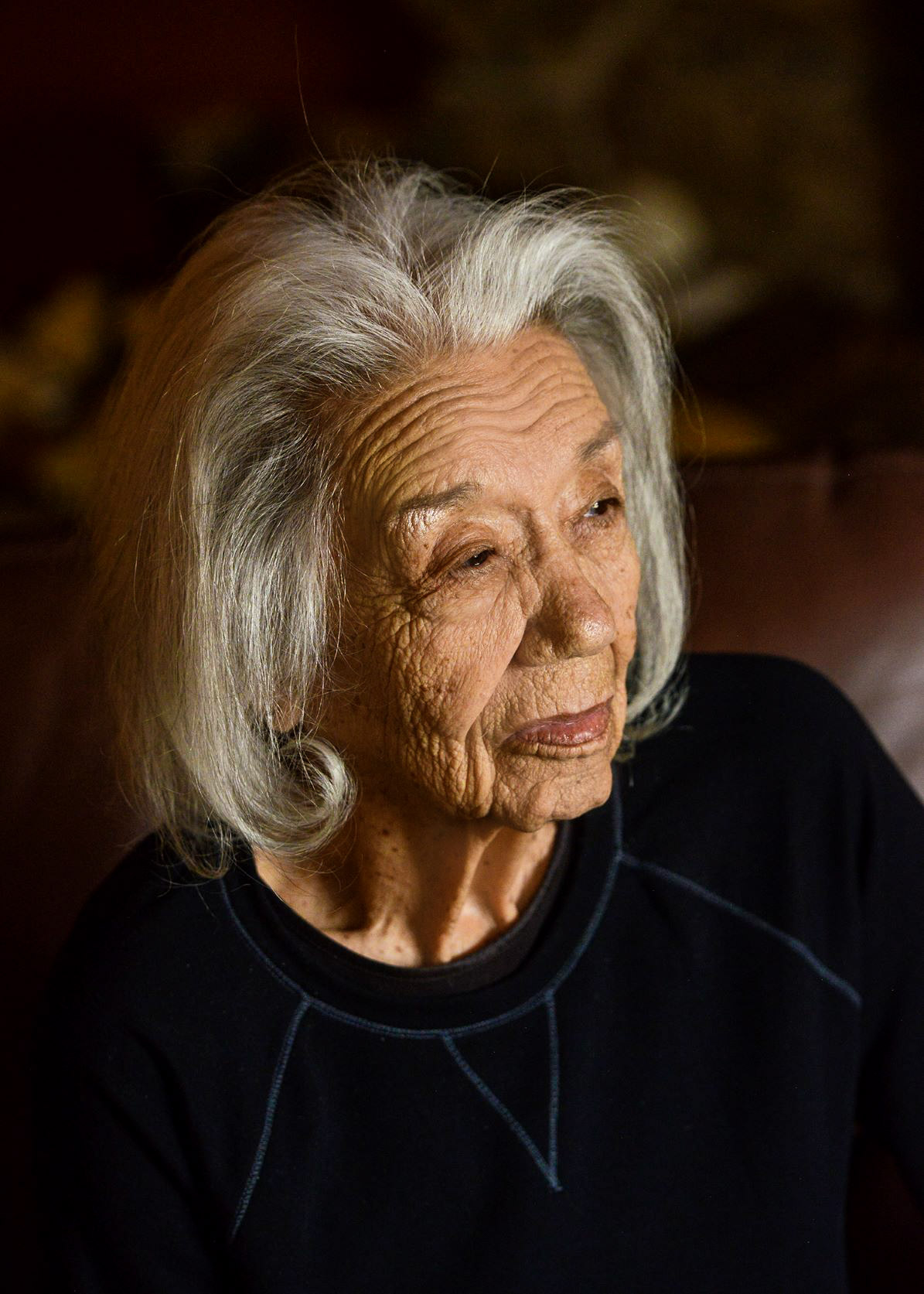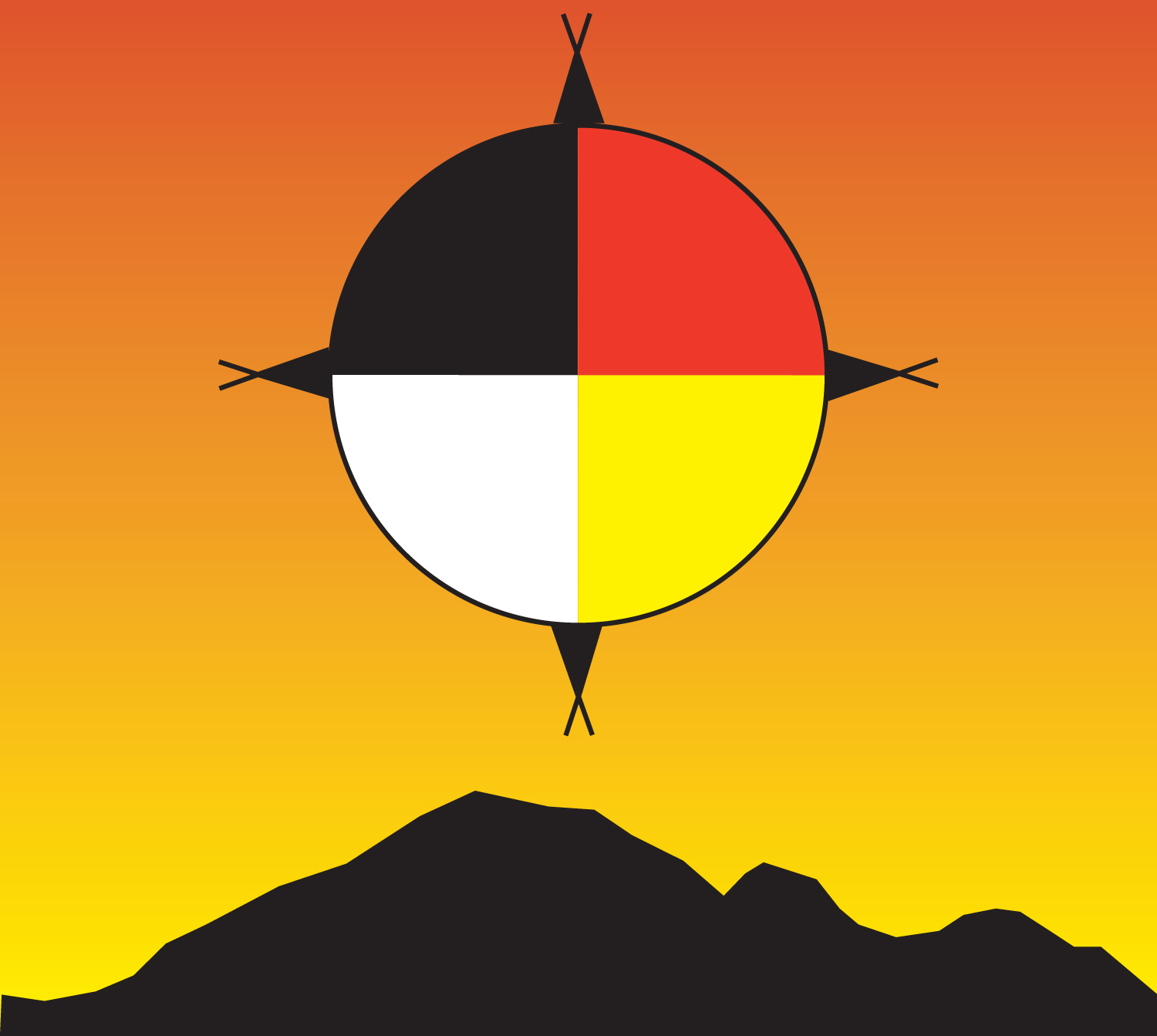Indianz.Com > News > Elizabeth Cook-Lynn: Coming together in our tribalness

Remembering the meaning of Tribalism
Wednesday, April 14, 2021
It was a chilly day when my daughter and I found ourselves on the road which leads to the Indian camp west of town.
It is called a survival camp for “homeless” Indians. We drove past multi-colored flags with names like Sicangu, Oglala, Ihanktowan, and Santee and pulled into a clearing where we found a number of people sitting next to a glowing fire from a huge cement fireplace.
When we walked toward them, a small woman came forward with hand out held: “anpetu waste da,” she said.
Then she laughed, “we were just sitting here … waiting for somebody to come and visit us.” She said: “tukte l nit ah ha he?”

NATIVE SUN NEWS TODAY
Support Native media!
Read the rest of the story on Native Sun News Today: Remembering the meaning of Tribalism
Elizabeth Cook-Lynn is a retired Professor of Native Studies. She taught at Eastern Washington University and Arizona State University. She currently lives in the Black Hills of South Dakota. She has written 15 books in her field. One of her latest is Anti-Indianism in Modern America: A Voice from Tatekeya’s Earth, published by University of Illinois Press.
Note: Copyright permission Native Sun News Today
Search
Filed Under
Tags
More Headlines
Cronkite News: Gathering addresses ‘epidemic’ among Native people
VIDEO: Cody Desautel on tribes and federal forest management
AUDIO: Legislative Hearing on Discussion Draft of Forest Management Bill
Native America Calling: Remembering the 1974 Navajo border town murders
Native America Calling: Can the right approach close the Native immunization gap?
Cronkite News: Long COVID cases remain high in Arizona
Native America Calling: Eyes in the sky for development, public safety, and recreation
Native America Calling: Three new films offer diverse views of Native life
NAFOA: 5 Things You Need to Know this Week
Chuck Hoskin: Cherokee Nation works toward cure for arthritis
Native America Calling: Protecting young people from the down sides of social media
Cronkite News: Fake ‘shaman’ among candidates failing to make Congressional ballot
Native America Calling: New Native voices in poetry
Cronkite News: Tribes air concerns about border at hearing in nation’s capital
Native America Calling: Indiginerds descend on Oklahoma City
More Headlines
VIDEO: Cody Desautel on tribes and federal forest management
AUDIO: Legislative Hearing on Discussion Draft of Forest Management Bill
Native America Calling: Remembering the 1974 Navajo border town murders
Native America Calling: Can the right approach close the Native immunization gap?
Cronkite News: Long COVID cases remain high in Arizona
Native America Calling: Eyes in the sky for development, public safety, and recreation
Native America Calling: Three new films offer diverse views of Native life
NAFOA: 5 Things You Need to Know this Week
Chuck Hoskin: Cherokee Nation works toward cure for arthritis
Native America Calling: Protecting young people from the down sides of social media
Cronkite News: Fake ‘shaman’ among candidates failing to make Congressional ballot
Native America Calling: New Native voices in poetry
Cronkite News: Tribes air concerns about border at hearing in nation’s capital
Native America Calling: Indiginerds descend on Oklahoma City
More Headlines
